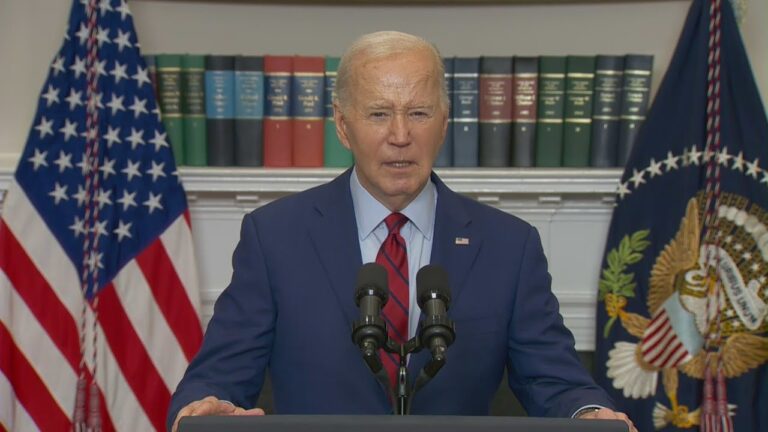President Biden used his presidential pardon power to clemency several individuals during his tenure. As of Dec. 2024, Democratic President Joe Biden has issued pardons, commuted, or rescinded 8,063 convictions.
Understanding Presidential Pardons
The U.S. Constitution allows the president to pardon people accused of federal crimes, except impeachment. A presidential pardon forgives a crime and restores the person’s civil rights, such as voting and holding office. This act is not an expungement of conviction but a sign of forgiveness.
President Biden’s Notable Pardons
One of those granted clemency by President Biden is his son, Hunter Biden, who was confronted with federal tax and gun charges. Announcing the decision on December 1, 2024, the president marked a remarkable shift from his previous pledge not to get involved in his son’s legal problems.
In April 2024, President Biden granted clemency to 16 people, comprising 11 pardons and five commutations. Most of the pardons were for nonviolent drug offenses, evidence of the administration’s effort to fix unfair sentencing policies.
On December 12, 2024, the White House issued a pardon of 39 people. The list said the people had committed either a “nonviolent offense” or a “nonviolent drug offense.” It did not specify the crimes of which they had been convicted.
The White House described a pardoned individual as a Virginia resident, now in their 50s, convicted of a drug offense at 21. After completing his sentence, he graduated with a university degree, had a successful career in the U.S. Army and Air Force, and volunteered for charitable organizations that assist veterans.
On December 20, 2023, Biden pardoned Colombian businessman Alex Saab as part of a prisoner exchange with Venezuela. Authorities arrested Saab, accusing him of conspiring to commit money laundering and laundering monetary instruments.
In December 2022, President Biden took action by pardoning six convicted nonviolent criminals, promoting rehabilitation and community contributions.
Mass Clemency Actions
On December 12, 2024, President Biden signed the most significant single-day clemency action in modern U.S. history. He commuted sentences for about 1,500 people put on home confinement during the COVID-19 pandemic. This action sought to offer relief to individuals with a post-arrest track record of rehabilitation and reintegration into their communities.
Understanding the Difference Between Clemency and Pardon
Clemency is an act of mercy by a government authority, often a president or a governor, to lessen the punishment of a convicted individual. It can take the form of a sentence commutation, reprieve, or pardon.
A pardon, a category of clemency, fully forgives the offense and eliminates legal penalties, often restoring civil rights like voting or serving in public office. Clemency reduces a sentence’s severity or delays enforcement, while a pardon fully erases the conviction.
Advocacy and Future Actions
Civil rights groups urge President Biden to expand clemency, focusing on nonviolent drug offenders and outdated sentences. The administration will continue reviewing clemency petitions and may take further actions as the term ends.
President Biden’s use of the pardon power demonstrates his administration’s commitment to criminal justice reform and the notion that people deserve a second chance. They believe the administration will promote fairness and rehabilitation by addressing sentencing disparities and granting clemency to reformed individuals.

